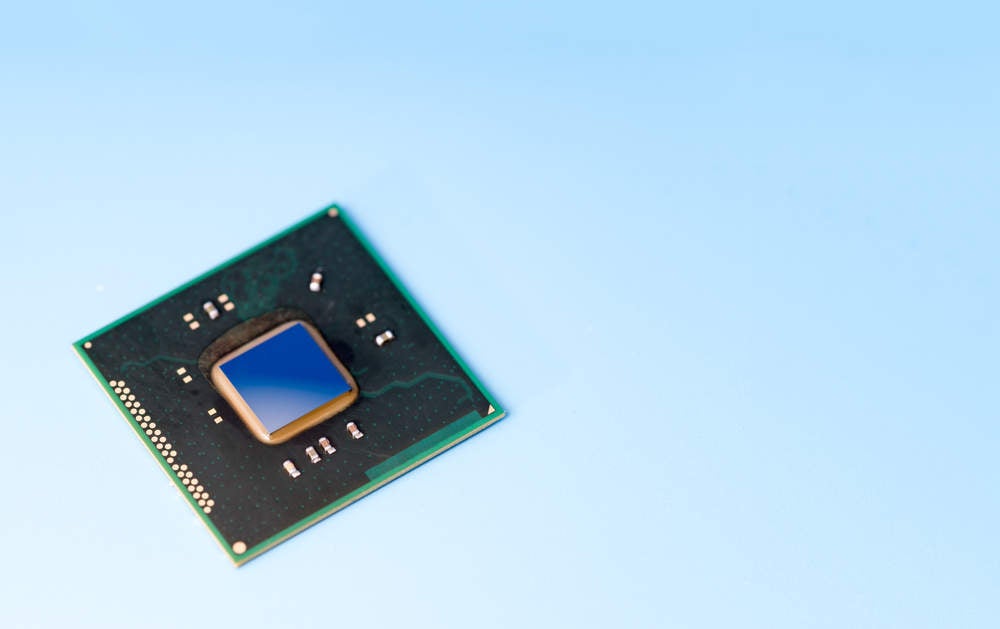
Google and Microsoft, two of the big technology firms in a race to build quantum computers, are set to announce major scientific milestones this week.
Microsoft’s work is relating to the quantum bit, or qubit, which powers quantum computers. The head of the company’s quantum team, Todd Holmdahl, told the Financial Times that the team is “imminently close” to announcing its own form of the qubit.
Holmdahl said it will be “an important moment for science.”
Whilst other companies have been working on qubits for years, such as IBM, Microsoft’s version is a departure from the norm. As qubits are rather unstable and difficult to control, it is hard to carry out calculations using them.
However, Microsoft’s version of the qubit “effectively fragments electrons” so the same piece of information can be held in multiple places at the same time, according to the FT.
This is called fault tolerance and is a major topic for scientists working within quantum computing. This will go some way to offsetting the difficulties working with qubits, and pave the way towards fully functioning quantum computers that will achieve the gold standard of “quantum supremacy”.
Read more: From climate change to world hunger, Microsoft thinks quantum computing can solve all our problems
Simon Benjamin, a quantum theorist at Oxford University, working in the UK National Quantum Technology Hub (Nqit), explained quantum supremacy like this:
“Quantum supremacy should really be called quantum inimitability, meaning it can’t be copied.
“50 qubits (the number of qubits needed for quantum supremacy) will give you a system so large in terms of its quantum complexity that no conventional supercomputer, no Google server or Amazon cloud facility, can actually predict what it could do.”
Google believes it has reached this level of quantum supremacy, with its 49-qubit system. The company carried out a test at the end of 2017, however the details of the outcome have not been released yet.
Benjamin told Verdict that quantum is exciting, but “also very, very hard”.
He said:
In two years we will be at a more exciting stage than we are now, but it will take a long time to reach a more mature stage in the technology.







